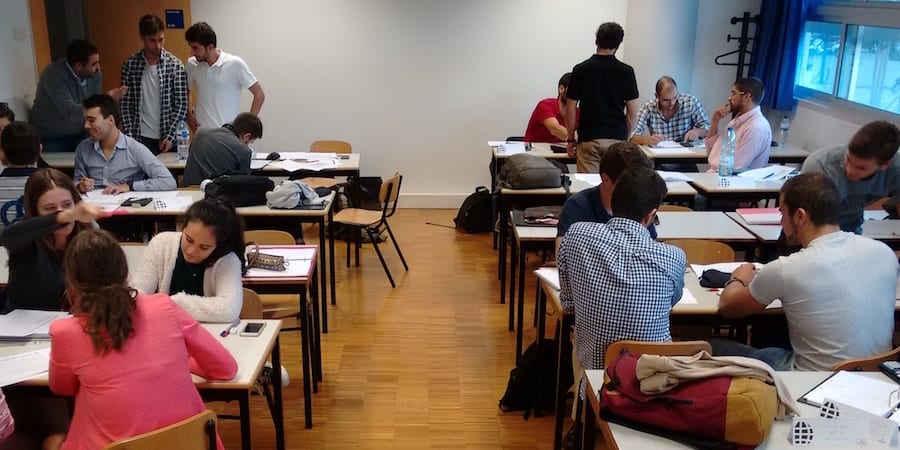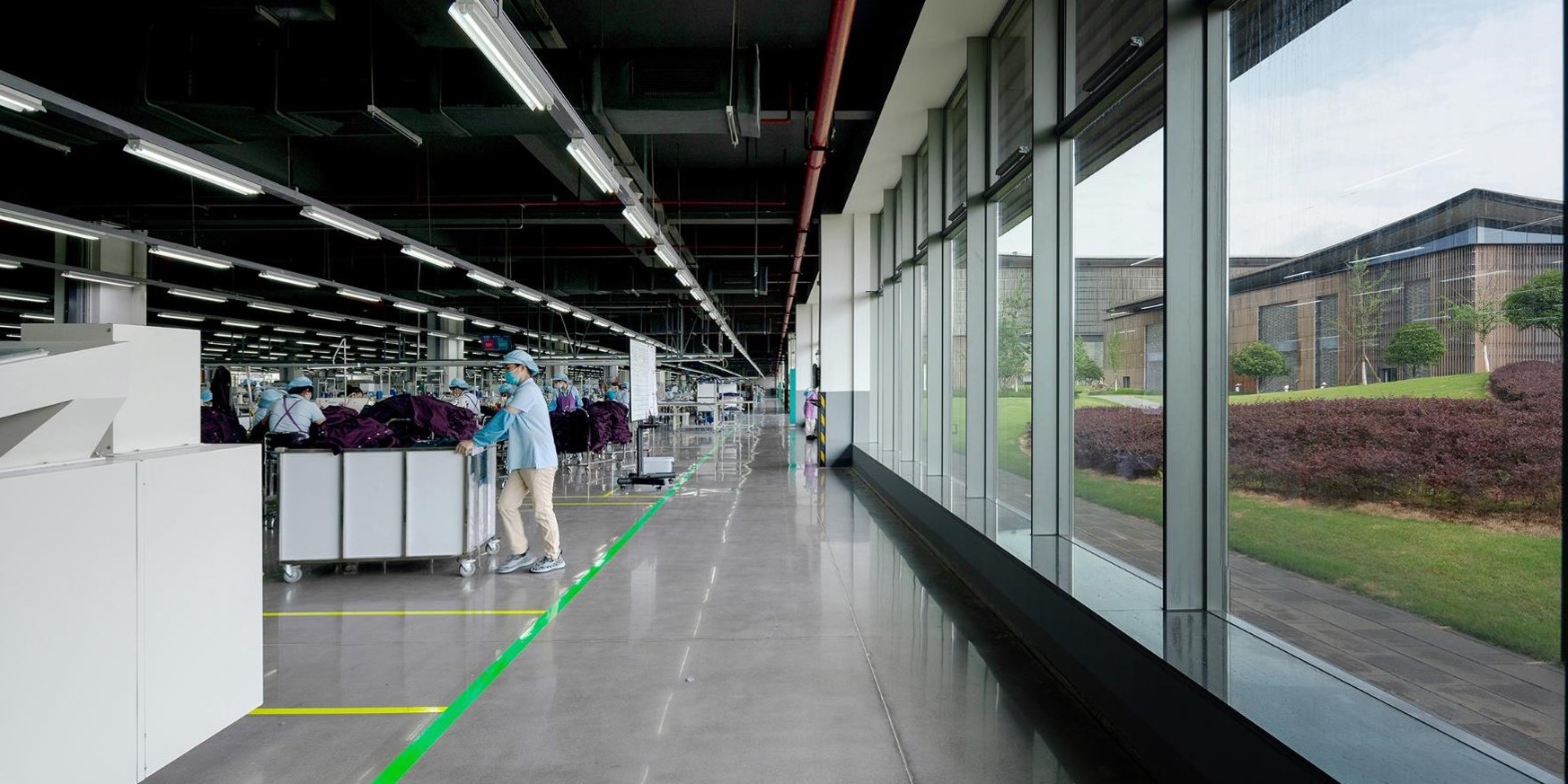
Our universities are not teaching lean, and that's a problem
CALL TO ARMS – Despite the spread of lean principles across the world, only a handful of universities have included the methodology in their programs. This article is a call-to-arms telling us why we have an obligation towards future generations.
Words: Sérgio Caldeirinha, Founder and President, Lean Academy Portugal
Back in September 1997, I started working at a Ford Motor Company factory of scroll compressors near Lisbon. I was part of a junior team of 12 tasked with incorporating the Ford Production System in the greenfield facility. My induction entailed the learning of AIAG tools and Ford Production System principles, which I later on discovered were all inspired by the Toyota Production System and known by the term lean production.
I was fresh out of university – a six-year program in mechanical production engineering at one of the best universities in Portugal – and eager to learn and succeed at my job. The more I learned about lean, however, the more I started to wonder why that learning had come so late: why were those concepts not covered by at least one of the 52 subjects that constituted my degree? I had learned math and physics, algebra and materials, but no part of the program addressed those lean fundamentals that I was finding so useful in my first job.
No Portuguese university had lean in their curricula. One of the first lessons I learned on the job was that, sadly, university does not teach you everything that you need to know. Far from it.
A lot can be said (and is said) about university education. It is common to hear people complain about how the curriculum they study are not focused on the skills that will actually be useful in a future career. In our case, those skills are lean capabilities, which are still taught in a just a small number of pioneering schools despite the fact that lean has become a highly regarded management philosophy and is commonly implemented in organizations all over the world.
Eventually, and over time, learning on the job filled the gap left by my curriculum, but I still wonder how quickly I would have been able to grasp lean lessons had I had the chance to learn about the methodology before entering the job market. I am sure I am not the only one wondering, which begs the question: are our schools doing everything they can to teach our younger generations the skills that are really important to them? Are we doing enough to equip them with the capabilities they will need once they begin to work?
It took me 15 years to feel compelled to do something to tackle this nagging problem. I couldn't believe that so many (or should I say, most?) engineering degrees had no lean in their programs and decided to try to do something to mitigate the negative effect of this educational gap: my contribution was the founding of Lean Academy Portugal in 2013.
Our aim was – and remains – to reach the highest possible number of university students with our lean training program: in the past three years, we have taught lean fundamentals to more than 190 people, something we are very proud of.
We have seen huge interest in lean among our students, which led us to ask them why they decided to attend the program in the first place. Eighty-eight of them participated in our survey, which showed that:
- 58% wanted to deepen their knowledge of lean principles;
- 50% were curious to learn about the methodology;
- 65% wanted to build a stronger resume and diversify their skills set.
While hard to quantify, the benefits of teaching lean to recent graduates are, in our eyes, exceptional. Making lean a bigger part of the education we receive can give us all a better future: for example, imagine what instilling the idea of "eliminating waste" and "doing more with less" in the minds of young people from the outset can do to help prevent the resource depletion our planet is experiencing.
And there is more than just the advantage of having each student embrace lean management – a domino effect will ensure their peers, co-workers, teams, managers, friends, relatives, children also learn about the approach. It's a virtuous cycle.
Lean thinking has now become mainstream, as more and more people around the world learn about it and recognize its transformative power. Doesn't it make sense to ensure our children and our students are given the opportunity to learn things "right first time" instead of wasting time doing it later on, when they should be creating value for their customers? Not doing so and confining the teaching of lean to a handful of forward-looking institutions is nothing short of generational waste bordering on governmental irresponsibility.
Let me invite you all, as lean change agents, to take action by finding ways to encourage more and more people to look into and embrace lean principles – whether that means volunteering at a local school or developing a program at a university. Whatever you do, our kids will thank you.
THE AUTHOR

Sérgio Caldeirinha started his career in 1997 at Visteon, one of the largest suppliers of the automotive industry, then part of the Ford Motor Company. Over the years he has taken up several positions in quality assurance, manufacturing engineering, product engineering, and costumer liaison. In 2002, he moved to consulting, until in 2013 he founded Lean Academy Portugal.
Read more


CASE STUDY – An Esquel factory in GuiLin, China injected lean principles and practices into its processes to become more efficient and environmentally-friendly.


FEATURE – Using her distinctive narrative style, the author breaks down the A3 process to help you understand how it works and how you can tap into its potential.


ARTICLE - Organizing for learning is critical to sustaining your kaizen efforts and improving your company. Choose the right managers, make sure they can self-develop and develop others, and help lean to take root.


FEATURE – Attracting, developing and retaining talent has become a pressing issue in the corporate world, as new generations show skepticism towards traditional management. Lean is the answer, say the authors.

